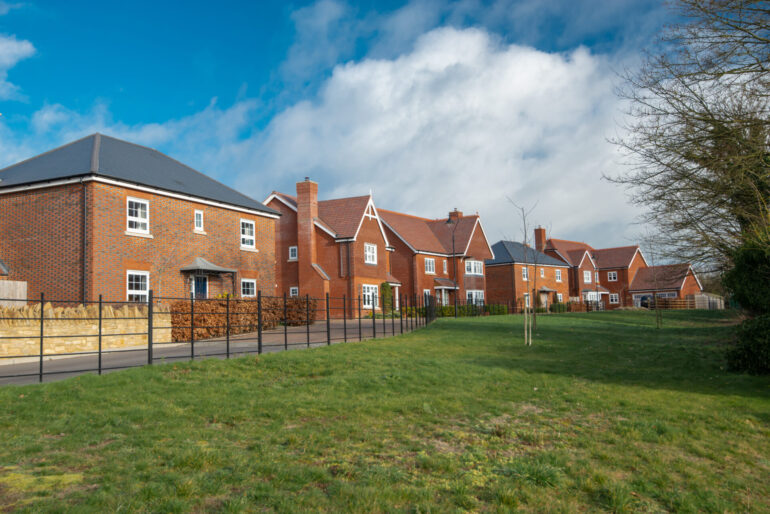Freedom of Information (FOI) data from the Financial Conduct Authority (FCA), gathered and analysed by Quilter, has revealed that Labour’s plan to introduce a ‘Freedom to Buy’ mortgage guarantee scheme is unlikely to achieve the desired impact in supporting prospective first-time buyers (FTBs).
Since its launch in April 2021, just 44,368 mortgages have been completed with the support of the current mortgage guarantee scheme – 86% of which (38,323) were first-time buyers.
Quilter’s analysis of FOI data revealed that, between 2021 and 2023, more than 1.13 million mortgages were secured by 18 to 30-year-olds.
The number of people between the ages of 18 and 30 securing a mortgage each year has risen relatively steadily in the last decade, reaching 350,092 in 2023 compared to 252,558 in 2014.
However, this number has trended downwards since a spike of 401,665 in 2021, which aligned with the Stamp Duty holiday introduced during the pandemic, resulting in a 13% fall in just two years.
Given that mortgage rates and house prices are now much higher than a decade ago, adding pressure on affordability, prospective first-time buyers are having a harder time securing a mortgage.
Quilter said that it was therefore imperative that any schemes introduced by the new Labour government are effective.
In its manifesto, Labour pledged to introduce a ‘Freedom to Buy’ mortgage guarantee scheme, which would see the current scheme introduced by the Conservative Party made permanent.
Though well-meaning, Quilter said the current scheme has had very little impact, meaning its permanence would provide inadequate support to its intended beneficiaries.
Charlotte Nixon, mortgage expert at Quilter, said: “While it is certainly a good thing that more young people have been able secure a mortgage over the past decade, it appears the number may now be falling.
“This will in part be down to the lack of support on offer for first time buyers, which has only been exacerbated by high mortgage rates, the pace of house price growth and the difficulty faced in saving a deposit.
“Given the current economic circumstances, young people’s finances are already incredibly stretched, so saving a deposit for a first home has been made all the more challenging.
“However, a high loan to value mortgage such as those that would be encouraged by Labour’s ‘Freedom to Buy’ scheme is simply not the answer.
“Such a scheme would not address the fundamental issue of high property prices relative to average incomes, which has been evidenced by the considerable lack of take up thus far.”
She added: “Not only have very few people made use of the scheme currently on offer, but with house prices still at risk of fluctuating, those that do could be at risk of negative equity.
“Having such a low deposit amount would leave people with little to no wiggle room in terms of house price changes before falling into what can be an extremely difficult situation to get back out of.
“In the first instance, it will be imperative that Labour follows through on its commitment to increase housing supply, but even so this is unlikely to be enough to help those at the bottom of the chain.
“The dawn of a new Government provides the perfect opportunity to reassess the options currently available, as well as to invest time into consulting and planning to ensure that any new schemes brought to the table are as effective as possible.”



